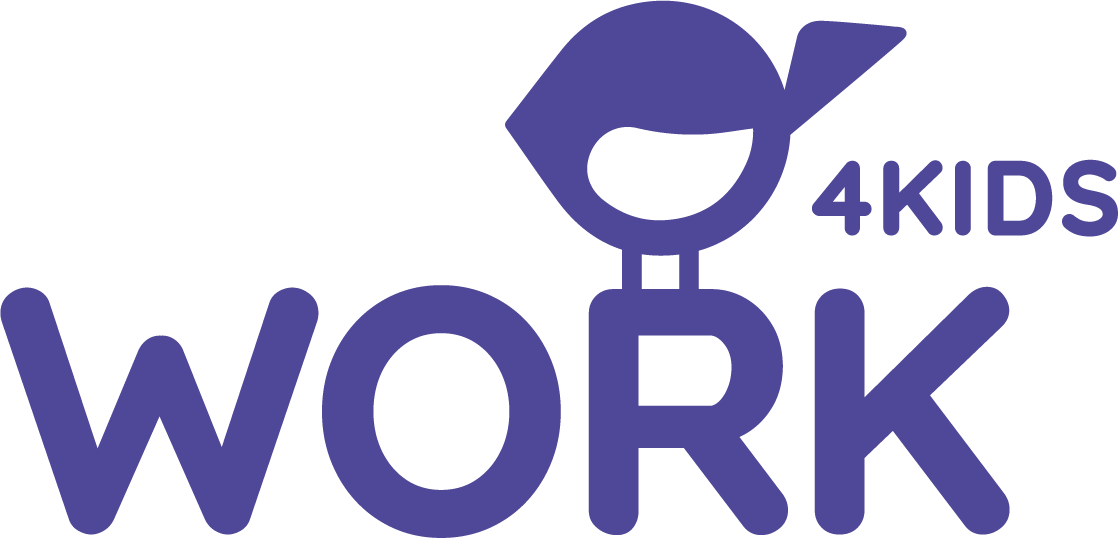Introduction/specifics
Our house is located in the Stadtflur district in a quiet residential area and we offer a total of 25 places for children aged 2 until they start school and 15 places for children aged 0 to 3. Our kindergarten concept is based on the principles of Waldorf education. In our Waldorf kindergarten, Rudolf Steiner's ideas, beliefs and insights are kept alive and his suggestions implemented in our daily work with the children. The basic idea of Waldorf education is:
Nurture what lies dormant in the child.
All possibilities lie before him,
all the riches in him.
The adults act as role models: their meaningful actions indoors and outdoors, from pruning trees to sewing to preparing a full breakfast, are part of their educational activities. By taking on real tasks such as gardening and housework, the children learn to support others and their environment with joy and confidence. In doing so, they recognize meaningful connections between things and their origins, between actions and their consequences. In addition to independence, respect for the child's individual personality and their own activity is the focus of our educational and upbringing work. Values such as conscious nutrition, the appreciation of each individual, the child's independence and daily closeness to nature are particularly important to us educators and the families who bring their children to us and underlie the work of our institution. We offer the children a reliable and familiar environment that gives them security and a protective shell so that they can mature in peace.
We would like to point out our costs in addition to the crèche/kindergarten fee:
Eurythmy => currently €12/month (only for kindergarten children)
Breakfast => currently €15/month Kiga
lunchtime => currently €3/day mandatory for extended childcare hours
Lunch at crèche => currently €2/day, mandatory
Material costs => currently €5/month
Garden fee => currently €20/garden day & child if you cannot take part Kiga
care contribution => currently €0.25/day of attendance
Nursery care fee => currently 1.25 €/day of attendance (after drying out, nursery care fee)
Contribution Waldorf => currently €10/month for 1st child, €5 for 2nd child, from the 3rd child onwards free of charge (if children are cared for in our facility at the same time)



